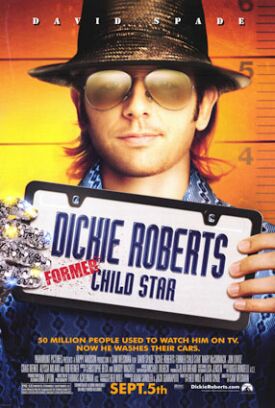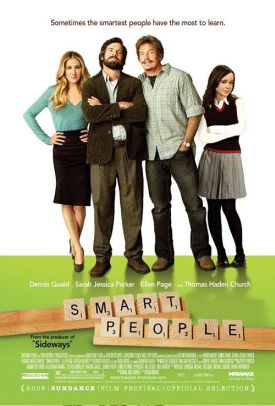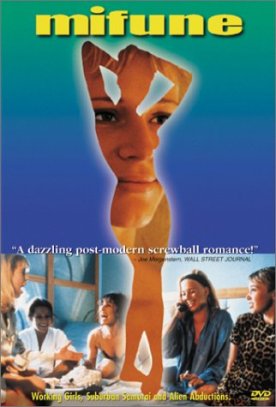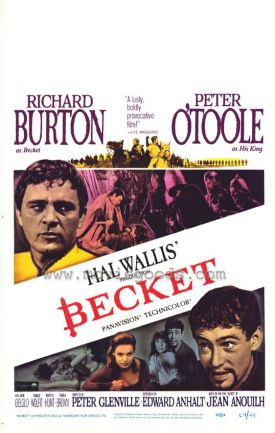Replacement Killers, The
The Replacement Killers, directed by Antoine Fuqua, stars Chow Yun-Fat
as John Lee, a kind of Chinese version of the decent American everyman as noir
hero of the 1940s — a world-weary Humphrey Bogart, say, who is capable of all criminality
but for some reason draws the line at killing a kid, in this case the cute seven
year old son of the policeman, Zeedo Zedkov (Michael Rooker), who killed the
(grown) son of the crime boss, Mr Wei (Kenneth Tsang). Because the other bad
guys obviously draw the line at nothing, this man becomes a sympathetic hero,
and even wins the love of the gorgeous Mira Sorvino who, with po mo logic, is
supposed to be an improbably glamorous forger called Meg Coburn. The film revels
in this same logic, by the way, by showing Ms Coburn at work at her forger’s trade
dressed in a skimpy little number of a cocktail dress and predatory
lipstick.
In general, the plot is also post-modern — an exaggerated melodrama about Mr
Wei’s attempted revenge upon Lee, with the help of a succession of classic movie
plug-uglies — for refusing to kill the kid. His own family back in China is
also in danger as a result of his rash act. “That is how Mr Wei deals with his
enemies,” he tells Meg, winning her reluctant attachment, “through their
families.” He then is briefly confronted with the choice of protecting his
mother and sister in China or the cop’s son, and is induced to save the boy by
the exhortations of Meg — who is dazzled by the prospect of redemption and
tells him that “I spend whole days thinking about that one good deed that’s
going to wipe out all the shit I’ve done” — and the classic hero’s
conviction that “I cannot run from battle.” Of course, Ma and sis are saved
anyway.
But the real interest of Mr Fuqua, who has taken it from the Hong Kong action
genre out of which Mr Chow comes, is the images of violence, lovingly arranged
as abstract compositions in glorious color and kinetic movement. He makes use of unusual settings — an indoor jungle of hanging photographic negatives, a car
wash, a video arcade, a crowded movie palace that looks more like an opera
house, an alley lit by neon signs and criss-crossed by fire-escapes and catwalks
or a tableau of youthful gang members framed like a Renaissance portrait
against light from the doorway of a ruined building. It is the photographic
compositions which are the stars of this film, much more than the studiedly
earnest Mr Chow, and it represents another ratchet notch on our progress, led by
the Hong Kong boys, away from serious narrative and towards a cinema which is a
cross between a video game and a music video.
The dialogue is comically stilted and seems almost intended to sound like a
bad translation. Mr Wei’s evil henchman, Kogan (Jurgen Prochnow), for example
menacingly says to Zedkov: “Detective, your position offers you opportunity for
far more arrogance than safety” — a threat whose incomprehensibility is
perhaps meant to seem charmingly redolent of badly dubbed kung fu movies of the 1960s. Other amusing moments include an interview between the spitfire, Meg, and Detective Zedkov, who notices on her record that she was arrested several times before she was 16. He asks her if this is not “a little unusual for a girl of that age.”
“I’ve always considered myself a feminist pioneer,” she says.
It is the kind of jarringly non-contextual remark that is characteristic of
post-modern humor, and it goes nicely with the po mo cheesiness of the drama and emphasis on a more or less disjointed succession of striking tableaux. The
pictures are striking too, but not impressive enough, by themselves, to
make this a movie worth seeing for anyone but another Hong Kong director.
Discover more from James Bowman
Subscribe to get the latest posts to your email.






